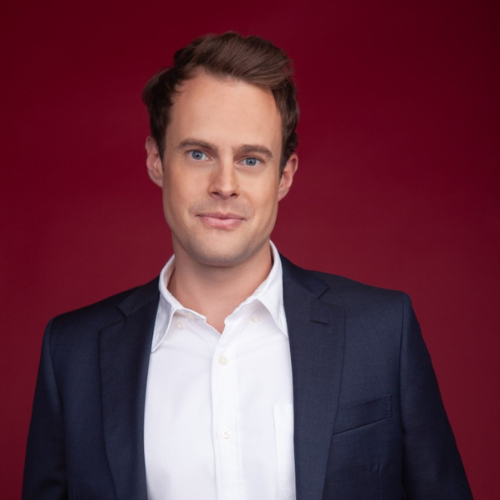Sequential is a global leader in the skin microbiome; a team of PhD experts in testing products and their effect on the human microbiome (skin, scalp, oral, vulva). They offer clients an end-to-end microbiome platform from study design, recruitment, and testing through to analysis, claims support, and support on formulation development and certification. To date, Sequential has amassed over 13,000 human skin microbiome samples and corresponding formulations tested in vivo on the skin. With this vast genomic dataset, Sequential are figuring out optimal formulations that could potentially alleviate skin conditions such as acne, atopic dermatitis, and rosacea.
Dr Oliver Worsley is the CEO and co-founder at Sequential with responsibilities covering areas of business, developing new lines of the business-to-business microbiome testing and servicing business, establishing distributors for microbiome formulations, and fundraising.
He notes that the “Shott Scale up Accelerator comes at a great time [as] we’re scaling our business. We’ve grown very quickly from three people to 16 full time people and being able to refine my leadership and management skills will help us as we grow the company.” One of the benefits of the Shott Start up Accelerator for Oliver is the networking. He says, “Success of our company relies on building strong networks. Our business HQ is in the UK and I’m looking forward to engaging with a new network of founders.

There’s a nice benefit from founder networks as we can share stories and support each other. In addition, I can meet the investor networks in the UK. Finally, working on my leadership skills to improve productivity, independence, and innovation within the company.” Sequential are looking to hit £2M+ in sales within 12 months, which will be their first big financial milestone. Over the next 12 to 18 months Oliver would like to see their current employees taking on leadership and management positions and inspiring new employees in the company. Sequential are also expanding their business to areas such as female health and vaginal microbiome testing, which represents up to 17% of total personal care expenditure and remains an underserved and under-researched field.

